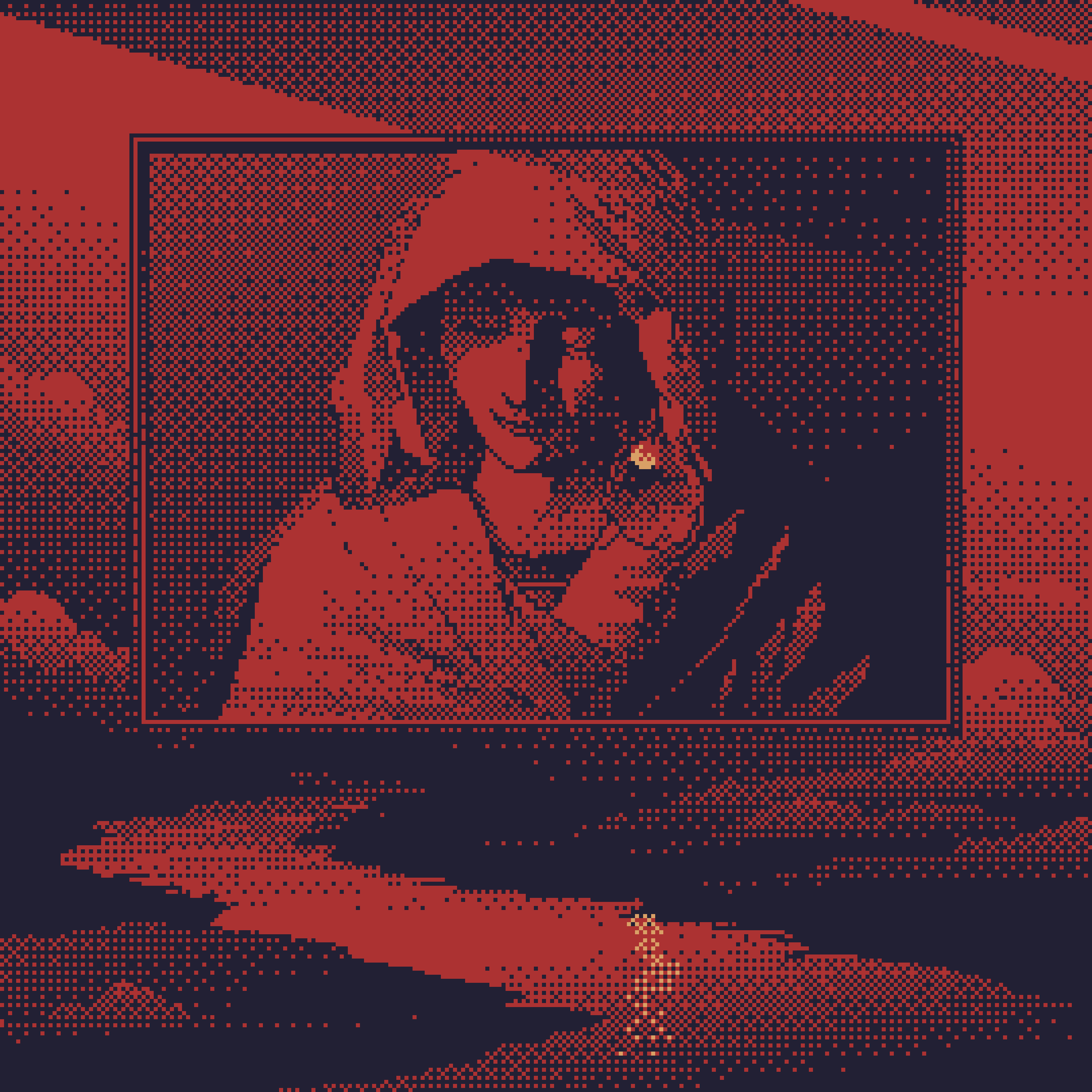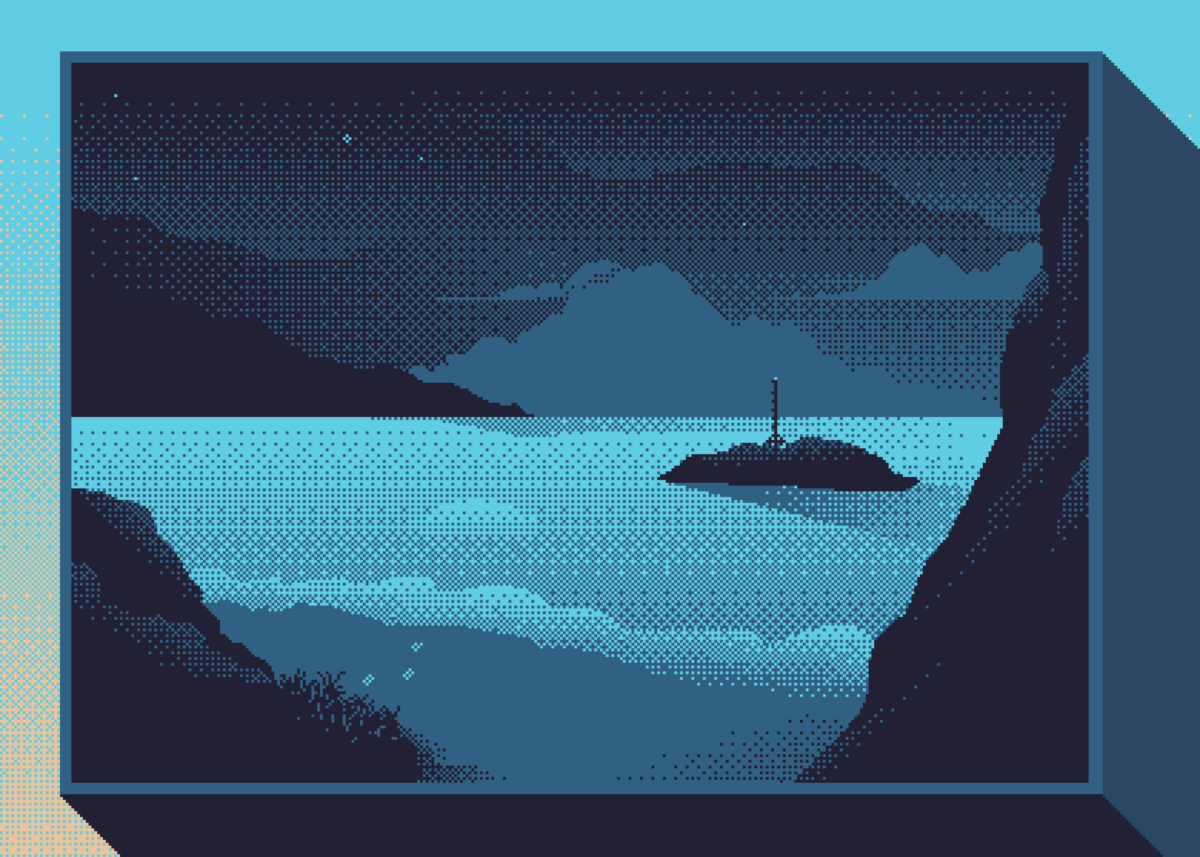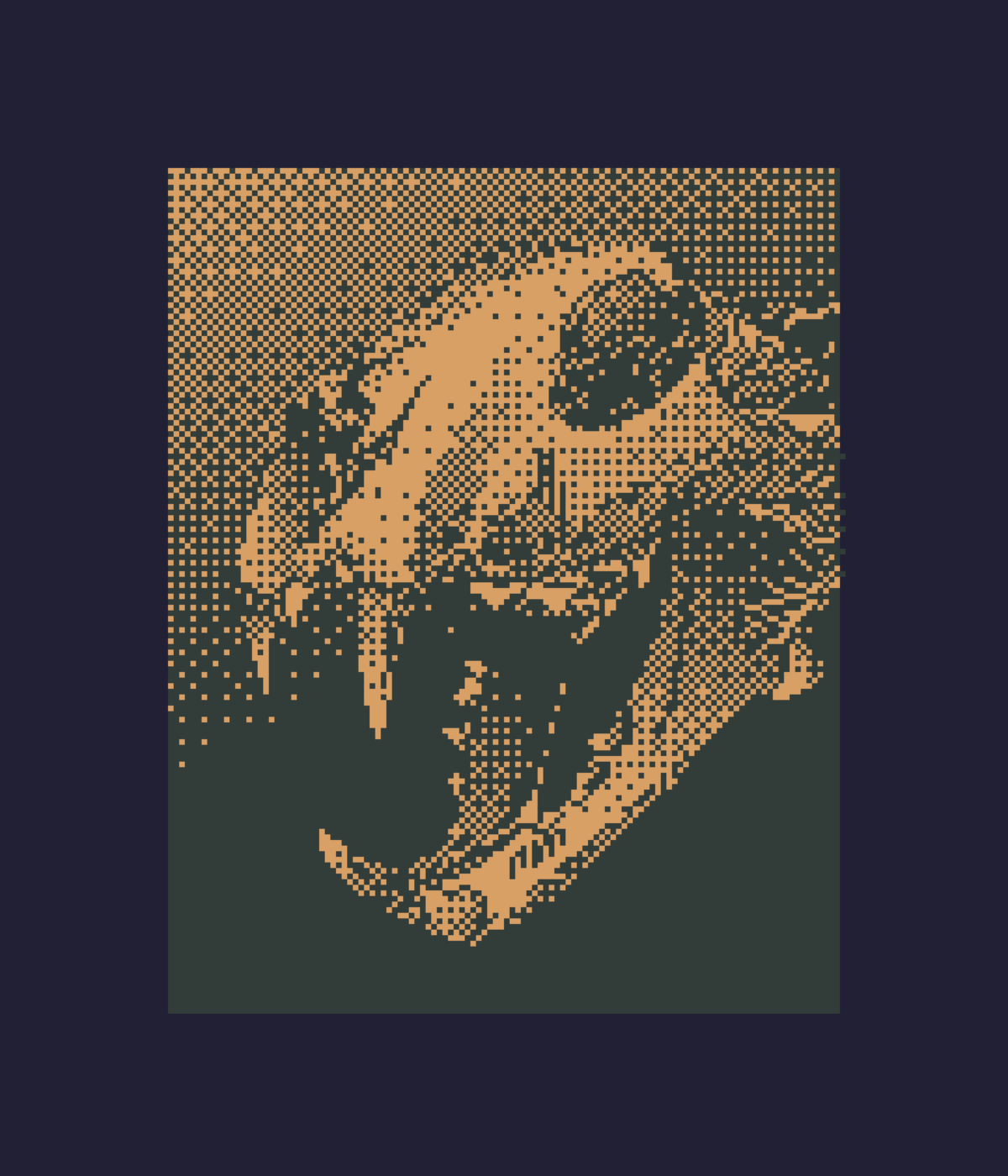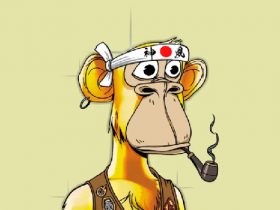Owing to seminal projects like CryptoPunks, pixel art has become an indelible part of the onchain art movement.
Originating in the late 1970s and early 1980s with the advent of video games and 8-bit computers, pixel art was born out of necessity. Due to the limited graphical capabilities of early computing devices, artists and game designers had to meticulously craft images and characters using individual pixels, the smallest controllable elements of a picture on a screen.
The art form has come a long way since the days of Pacman and Space Invaders — look no further than Michael Micasso‘s catalog. The pseudonymous artist has carved out a distinct lane for himself in the web3 art world with his breathtakingly detailed works, channeling classical and Eastern influences with grace and a distinct attention to detail. While he first made his name as a prolific minter on Tezos, Micasso has also taken his talents to Ethereum on Foundation and Nifty Gateway, as well as Solana via Exchange.
Every week, nft now’s Next Up showcases a new artist from our curated list of ascendant talents who have been making significant waves throughout web3. This week, our spotlight turns to Michael Micasso.
Closing my day with a very notable secondary sale of “Janus” for 200 $XTZ to nirvanapissandro (couldn’t find the twitter, sadly!)
Big congrats to the seller for the good sales,
and also thank you nirvanapissandro for taking this one home!pic.twitter.com/s9b0sbirSu
— MEK.txt (@michaelmicasso) March 14, 2024
How did you first become interested/involved in digital art?
I started to post on Deviantart in 2008 and even created digital artworks earlier before then. Strayed off my path of pursuing art after college since it doesn’t really make a living here in Indonesia, did typography and graphic design for the studio I co-founded instead for 14 years until Tezos found me back again to art.

How would you describe your art?
I’m not fond of labeling myself haha. I’ve seen people on Reddit, Twitter, and Instagram describe it as vaporwave pixel art, japanese woodblock prints pixel art, or dithering pixel art. If I really have to describe it, it’s just pixel art, in my opinion.
“I found great inspiration in ukiyo-e and shin-hanga old masters; in the sense of how they translate something rigid and rough (wood planks) into something that’s very soft.”
MICHAEL MICASSO
What’s your process like? And where do you usually find inspiration?
I got back to making art to avoid my creative atrophy, being 9 years without creating any personal art piece, busy in my studio. Decided to go with pure hand-placed/drawn pixel art, minimising any automation elements in the work as far as I could. I found great inspiration in ukiyo-e and shin-hanga old masters; in the sense of how they translate something rigid and rough (wood planks) into something that’s very soft.

What was your breakthrough moment in web3?
Don’t really remember any apart from my first entry to Tezos— it blows my mind how a lot of the people that I usually find in the old ffffound.com or cargocollective movements are now within reach, to be able to talk to them and to find inspirations from what they do. Living in the golden age of internet art back then, it’s just a dream come true for me. A luxury and utmost privilege to be able to talk to them, to know them, and above all, to collect their works. The new-found phenomenon above slung me forward in my artistic process and creations, it’s a fountain that never runs dry.
“There’s a clear big [challenge] in my mind; the battle for relevancy between humans and machine in art creation.”
MICHAEL MICASSO
What are the biggest challenges facing rising artists in web3?
There are several of them, but there’s a clear big one in my mind; the battle for relevancy between humans and machines in art creation. I often muse cases in convergent of that dilemma; like the dispute between David Slater’s vs. the monkey who took the selfie photo, or even older things like Gary Kasparov’s triumphs and downfall against Deep Blue.

The post Next Up: Michael Micasso Elevates Pixel Art With Elegance and Detail appeared first on nft now.







Leave a Reply